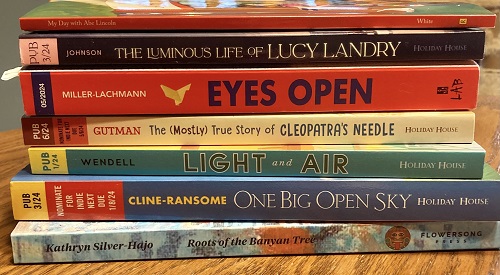Blonde Roots
Blonde Roots is the life story of a slave. Plucked from her family by pirates as a small girl, she is brutalised and dehumanised in the great city of London. After an unsuccessful escape attempt she is consigned to work as a cane cutter on a sugar plantation, when the true force of the horrors of slavery are brought home to her – and to us, through Evaristo’s characteristically punchy writing.
So far so similar to many other stories which chronicle the wretched trade on which – and do let’s be honest about this – much of our modern economy is built. When I tell you, however, that our narrator’s name is Doris Scagglethorpe and she comes from a long line of cabbage farmers in the North East of England, you will quickly realise there is a twist to Evaristo’s tale. In this, her first prose novel, she has created a parallel history in which black Africans are the slaveowners and their slaves are drawn from the scrawny, pale untermenschen of Europe who are well known to have emotions little more sophisticated than monkeys, so you can take away their babies at birth without them feeling a thing.
It’s a great idea, and sometimes it works as, for example, when Evaristo uses the device to ridicule contemporary notions of beauty. Her irony is not, however, always successful. The Scagglethorpes are serfs, yet, of course, they value their way of life because it’s theirs. Evaristo does not convey this successfully. The device backfires, with the result that she appears to patronise both European and African societies. In creating the patois of the slaves on the sugar plantations she does no more than recreate the patois developed by real slaves but substitutes traditional English songs for African ones. This is a real disappointment from a writer whose inventive use of language is one of her hallmarks.
Blonde Roots is, notwithstanding, a good read, and it makes you think about an aspect of our real history we should never lightly lay aside.










